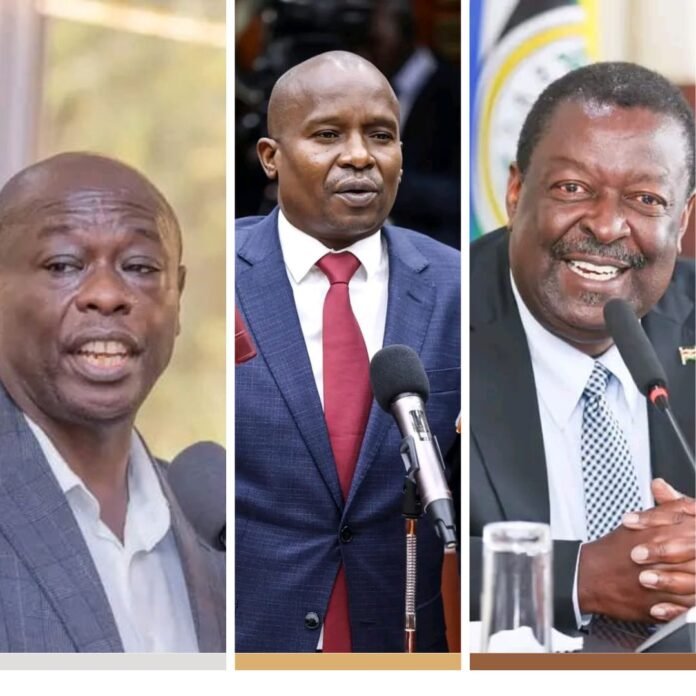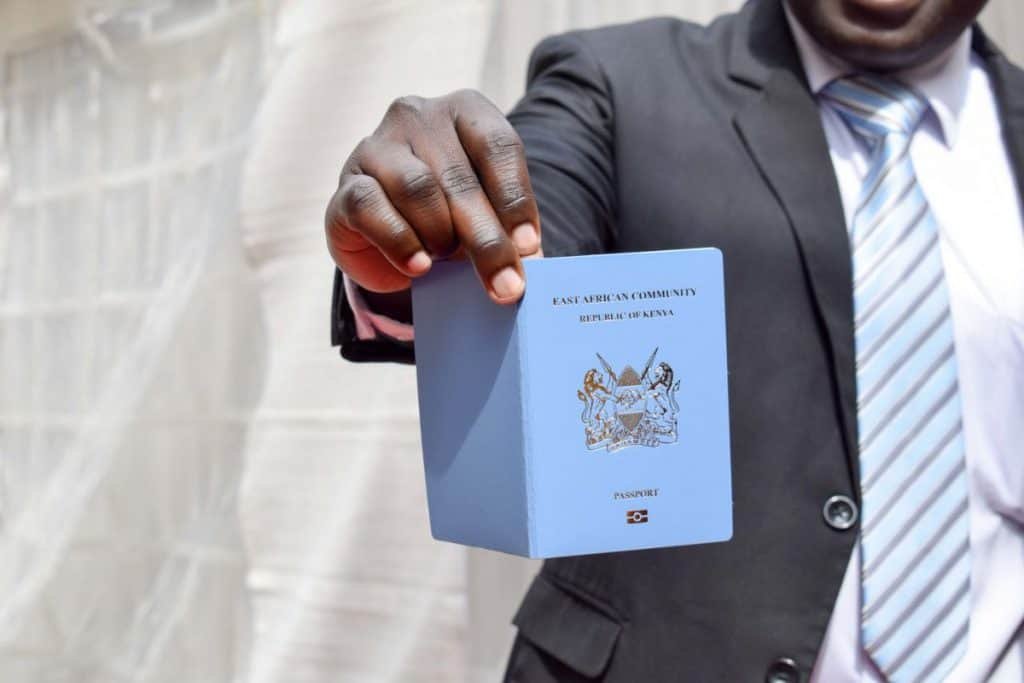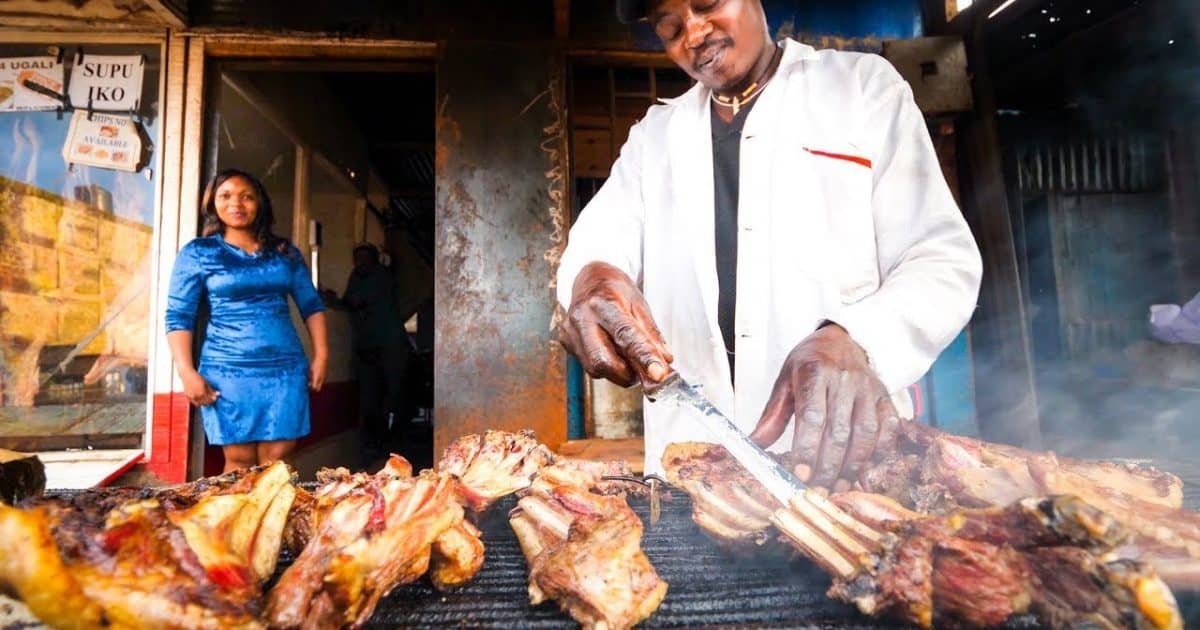Kenya’s Deputy Presidency has been fraught with challenges, a reality that predates the current constitution.
Even then, the complexities surrounding this role are not unique to Kenya; they echo in other nations, particularly in the United States, where the Vice Presidency is one of the most scrutinised political positions.
Nelson Rockefeller, who served as Vice President under Gerald Ford from 1974 to 1977, famously described the role as “mere standby equipment.” This characterisation, however, fails to capture the evolving significance of the position.
In later reflections, Rockefeller articulated a more nuanced view, recognising the office’s potential impact: “I think the office is very important, depending on the relationship between the President and the Vice President. During most of my term, I was busy—heading commissions and undertaking special projects for the President.” His experiences suggest that the effectiveness of a Vice President is heavily contingent upon their rapport with the President and the duties assigned to them.
In 2008, John McCain reinforced this idea, emphasising that the Vice Presidency can be instrumental if occupied by the right individual. He noted: “The vice president of the United States is a key and important issue and must assist in carrying out the responsibilities of the President.” This underscores a crucial point: effective governance requires not just a capable President but also a Deputy who can complement their leadership style and vision.
In the Kenyan context, President William Ruto and Professor Kithure Kindiki appear to have cultivated a solid working relationship, which is significant given the history they share. Their bond dates back to the ICC cases, where Kindiki provided legal defense for Ruto.
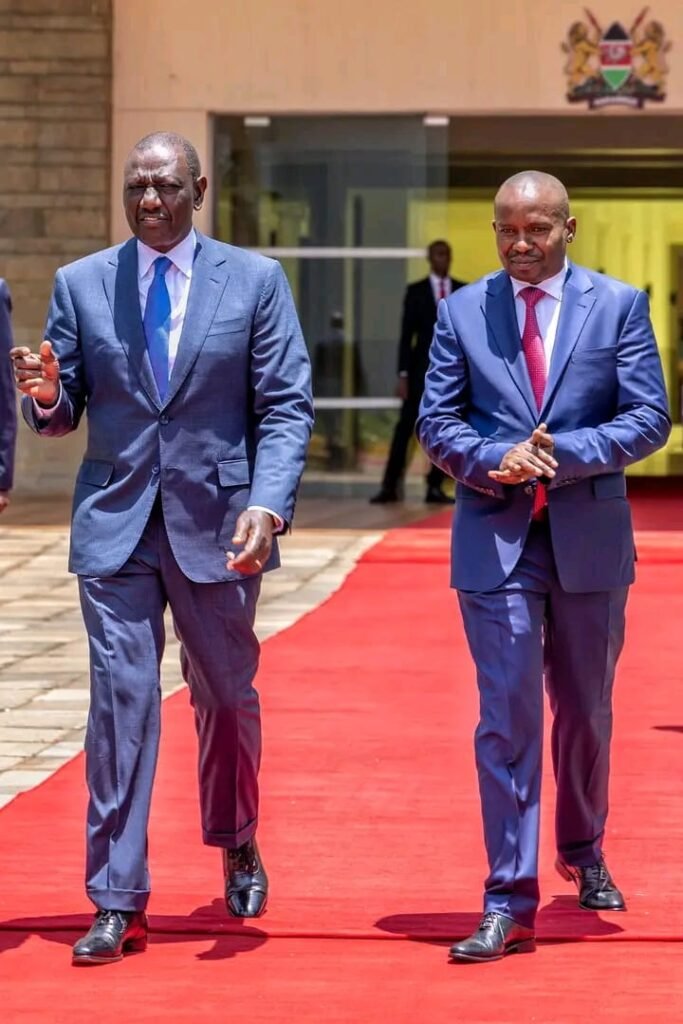
Known for his focus on the delivery of his assignments rather than engaging in power struggles, Kindiki is increasingly viewed as Ruto’s favored successor should Deputy President Rigathi Gachagua face impeachment.
On paper, and in the volatile landscape of Kenyan politics, Kindiki seems like an ideal match for Ruto. His strategic insight, diplomatic acumen, and ability to resonate with both ordinary Kenyans and the political elite position him as a strong candidate. Recent polls and statements from various leaders suggest that he embodies the qualities necessary for effective leadership, addressing governance challenges that have marred previous administrations.
Multiple sources close to State House indicate that Kindiki is being considered as the primary contender to fill the Deputy President role should Gachagua be removed.
Given the current political climate, characterised by economic difficulties and potential for social unrest, Kenya requires a Deputy who can support the President in making strategic decisions. Kindiki’s perceptive strategies, unquestionable loyalty and extensive mobilising skills—often underestimated by critics—could provide the necessary support to implement the government’s agenda effectively.
Other potential candidates in the succession race include Prime Cabinet Secretary Musalia Mudavadi, Kirinyaga Governor Anne Waiguru, former Prime Minister Raila Odinga, Murang’a Governor Irungu Kang’ata, and Homa Bay Governor Gladys Wanga. Each of these individuals brings distinct attributes and challenges to the table.
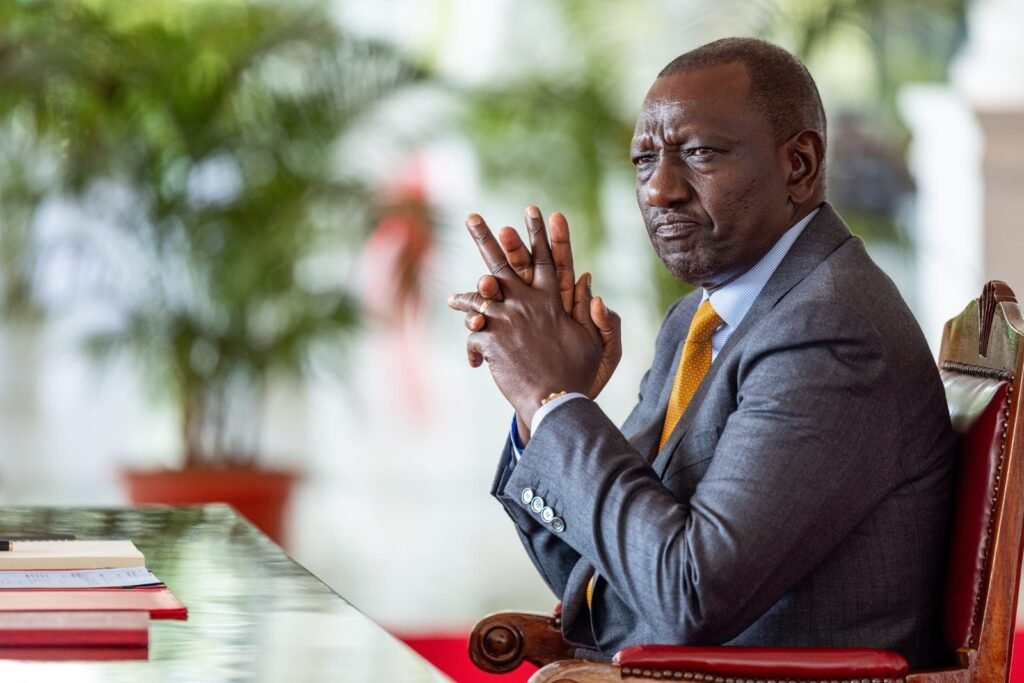
Musalia Mudavadi, an experienced political figure, is regarded as another stabilising choice like Kindiki due to his extensive government experience.
However, he is often seen as a pliable personality with limited time for political maneuvers.
His roots in Western Kenya could balance the presidency geographically, but he lacks a clear constituency and is criticised for his inadequate mobilisation skills, which are crucial for advancing Ruto’s agenda.
Anne Waiguru has been actively lobbying for the Deputy President position following her departure from the Council of Governors. However, her tenure has been marked by controversy, particularly regarding her performance as a minister and as the Governor of Kirinyaga.
Her past confrontations with Ruto when she was Uhuru Kenyatta’s disciple may hinder her chances, especially given the president’s recent turbulence with his former ally, Gachagua. Additionally, Waiguru’s effectiveness in political mobilisation has been questioned, with critics suggesting that her rise to power was largely supported by external factors.
Kangata, though seen as intellectually well has loyalty gaps arising from his non-committal approach to national politics.
Coupled with his move to distance himself from Uhuru Kenyatta in favour of Ruto, even after he had been crowned Senate Majority Leader, paints a picture of unpredictability.
So, what kind of Deputy does Kenya need for effective governance?
A recent book titled Do Running Mates Matter by Christopher J. Devine and Kyle C. Kopko examines the intricacies of the American Vice Presidency and offers insights relevant to Kenya. Their research delves into the factors that presidential candidates consider when selecting their running mates. Key issues include knowledge, legislative experience, ideological alignment, personality, and the chemistry between the two leaders.
In the Kenyan case, similar concerns have been echoed, particularly by Gachagua himself. He has argued that any dismissal from office should include Ruto, reflecting the complex dynamics of their relationship.
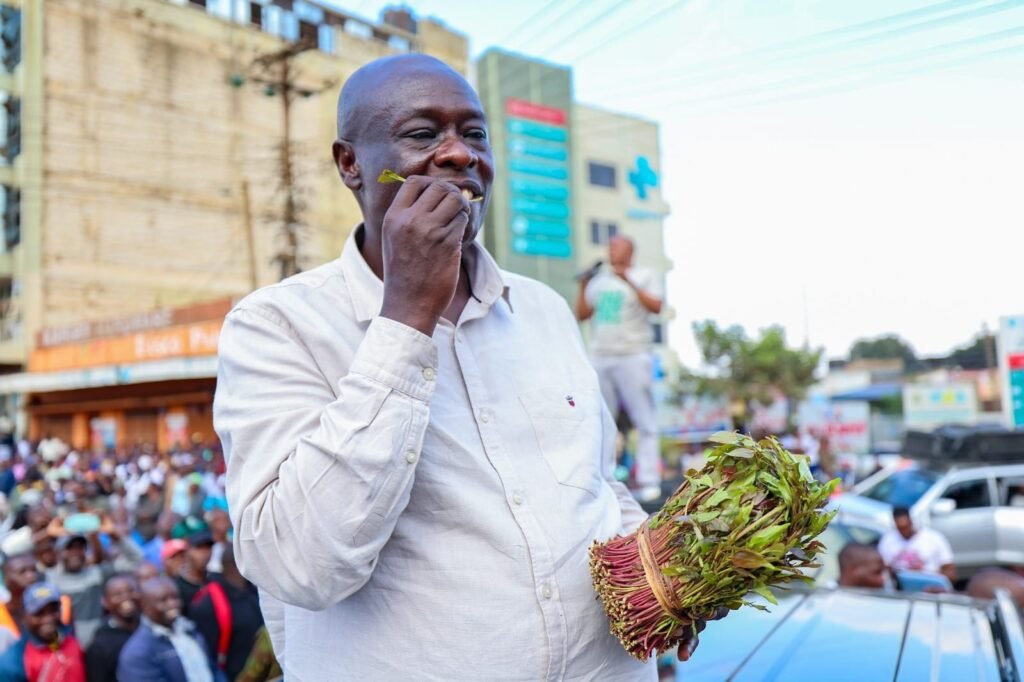
Public discussions surrounding his impeachment have highlighted the importance of understanding the role and influence of the Deputy President.
Interestingly, the authors of the book conclude that running mates typically do not play a pivotal role in securing votes; rather, it is the President who occupies voters’ minds as they cast their ballots. This raises important questions about the essence of a great Deputy President and the qualities that contribute to effective governance.
Insiders suggest that Gachagua’s selection as Ruto’s running mate was a compromise, meant to retain him within the Kenya Kwanza coalition. While Kindiki was seen as more politically flexible, Gachagua’s rigidity could have posed risks had been excluded from the ticket. The choice of Gachagua was viewed as a strategic move to maintain unity within the alliance, despite his known challenges.
The Deputy President in Kenya, much like in the United States, ideally functions as an assistant, with specific duties that include chairing the Inter-Governmental Budget and Economic Council and stepping in for the President if necessary. Any perceived competition or insubordination from the Deputy can lead to dysfunction within the presidency, as evidenced by recent controversies surrounding Gachagua.
As the political landscape continues to evolve, the question remains: What kind of Deputy does Kenya need to ensure effective governance? The answer lies in identifying a leader who can collaborate seamlessly with the President, facilitating smooth operations and avoiding the unnecessary conflicts that have plagued past administrations.
The stakes are high, and the next Deputy President will play a crucial role in shaping the future of Kenya’s governance.
The writer is a graduate student of Political Science, University of Nairobi.
